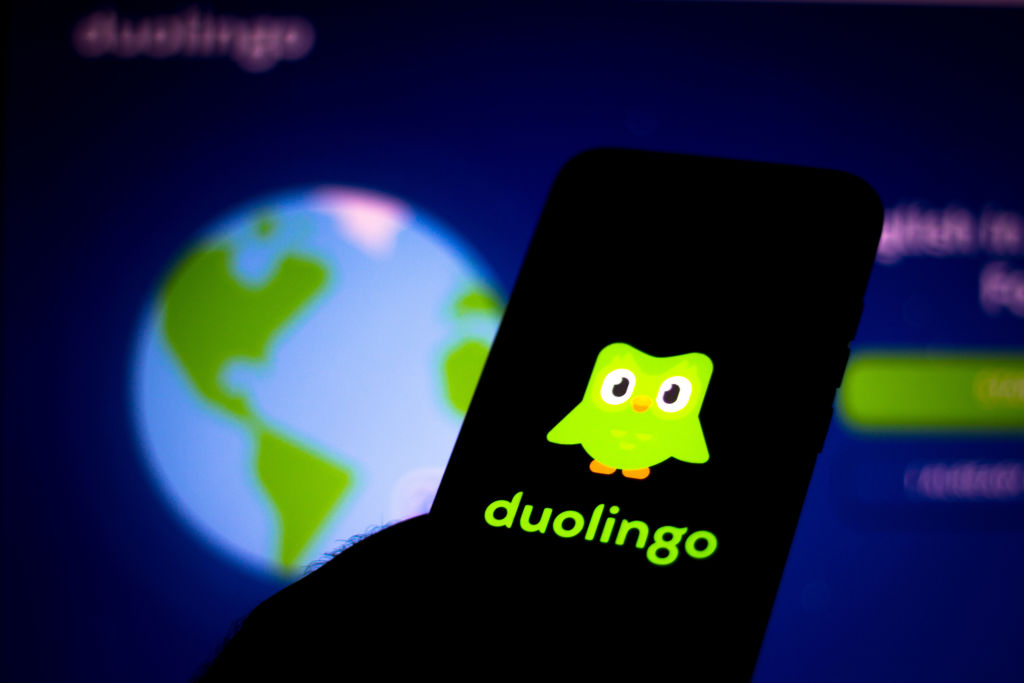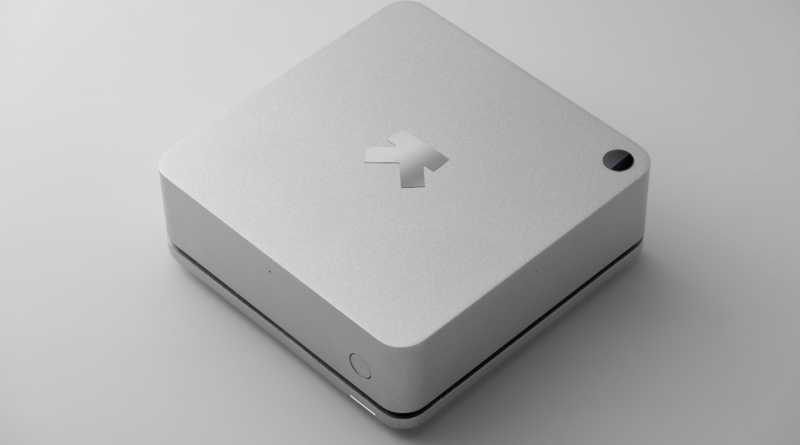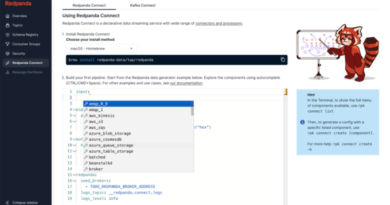A postcard from Las Vegas and CES
Welcome to Startups Weekly. Sign up here to get it in your inbox every Friday.
This week Devin, Kirsten and I have been running around in Las Vegas for CES to figure out what’s going on in the world of tech. Fifty-odd stories later, and it turns out there’s been a lot. On the drive to Las Vegas, I spent a bunch of time with the Alexa built into my car and Siri on my phone, only to realize that voice assistants have a long way to go yet. Siri in particular could do with getting its act together, before it’s completely left in the dust by its competitors.
I’m running on fumes over here, so we’ll keep this newsletter as brief as I can . . .
Biggest news from CES

Image Credits: Ultrahuman
Samsung’s Ballie, the spherical home robot first seen at CES 2020, has rolled back into the spotlight at CES 2024 with some trend-forward AI enhancements. This bowling ball–sized bot now boasts a spatial lidar sensor and a 1080p projector for movies and video calls, and can even double as a PC monitor. It is voice and text controllable, can manage smart and non-smart home devices, and promises features like plant-watering reminders and remote medical services. However, the details on availability and pricing remain a mystery.
Volkswagen is jumping on the AI bandwagon by integrating ChatGPT into its cars and SUVs, the company announced. This feature, developed in collaboration with Cerence and OpenAI, will be added to models equipped with the IDA voice assistant, starting in Europe. It’s not just about controlling your infotainment system anymore; this AI-powered chatbot promises to handle a broader range of queries and tasks, albeit with some limitations on sensitive topics. However, U.S. models won’t see this feature just yet, as it’s still under consideration.
Here’s another handful of stories y’all loved from Sin City:
Roll up, roll up!: Samsung is upping the ante at CES 2024 with their latest display innovations. They’re teasing a new generation of products, including the “In&Out Flip,” which folds both inward and outward, and monitor-sized folding and sliding OLEDs.
Ringing in the new year: Ultrahuman, a company known for its smart rings, is venturing into smart home territory with the “Ultrahuman Home.”
Is that a rabbit in your pocket, or are you just vibrating with excitement: The Rabbit’s R1 Pocket AI, a device touted for its vivid aesthetics and unique form, aims to simplify everyday tasks like hailing a car or finding dining options. Unlike conventional voice assistants that rely on APIs, the R1 uses a “large action model” to interact with apps as humans do.
All aboard the startup roller coaster

Image Credits: OsakaWayne Studios (opens in a new window) / Getty Images
Carta, a cap table management company, is embroiled in controversy for its audacious move to broker shares of a startup without getting a green light from the company itself. This brazen act of trying to play the middleman without consent has stirred up a storm in the startup world. It’s a bold, if not reckless, display of overstepping boundaries, undermining the trust and integrity expected in such sensitive financial dealings.
Superpedestrian, once a hopeful player in the e-scooter game, is now auctioning off over 20,000 scooters after shutting down its U.S. operations on December 31. The company, which jumped into the shared scooter business in 2020, faced financial struggles despite raising $125 million less than two years ago. Talks of fresh funding and a merger fell through, leading to its downfall.
More from startup land:
Dr. AI will see you now: Nabla, a Paris-based startup, recently secured $24 million in Series B funding for its AI assistant designed for doctors.
Here today, gone tomorrow: “Here,” a proptech startup offering fractional investments in vacation rentals, has shut down its investment platform after a little over two years, citing tough interest rate conditions and economic challenges.
Pitching a curveball: In a dramatic twist, Pitch, a startup specializing in collaborative presentation software, is downsizing and bootstrapping. CEO and co-founder Christian Reber steps down, with a staggering two-thirds of its workforce being let go.
What have the robots been up to this week?

Image Credits: Rafael Henrique/SOPA Images/LightRocket (opens in a new window) / Getty Images
“Know your customer” (KYC), the identity verification staple of financial institutions, might be on the brink of obsolescence, thanks to generative AI. Kyle reports how AI tools can easily manipulate ID images, creating deepfakes convincing enough to pass KYC tests. Despite no known successful breaches yet, the simplicity of crafting these fakes is alarming. Tutorials demonstrate using open source software like Stable Diffusion to generate synthetic images, holding any document. Even “liveness” checks in KYC are vulnerable, with deepfake tools adept at mimicking real-time human actions.
Amazon’s Alexa is diving headfirst into the generative AI pool. This week, the company announced three new Alexa experiences: (1) Character.AI for chatting with fictional characters or historical figures; (2) Splash, where you can create songs using voice commands; and (3) Volley’s 20 Questions game, a modern AI twist on the classic. Plus, Alexa’s got a new AI model making it more opinionated and emotional.
More from the universe of AI:
Peeking under the hood of Google’s new AI: Google’s Gemini AI is a groundbreaking generative AI platform, featuring three versatile models: Ultra, Pro, and Nano. Here’s everything you need to know.
Driving the robots with words: Frustrated by the lack of efficient tools for AI orchestration, Meistrari developed a system that simplifies prompt creation and evaluation for large language models like ChatGPT.
How do you say “they took our jobs” in binary code?: Duolingo, jumping on the AI bandwagon, trimmed its contractor workforce by 10% at the end of 2023.
Top reads on TechCrunch this week
Here’s another handful of the most-read stories from the past week:
Virtual mobile carriers FTW: Mobile virtual network operators aren’t new — they’ve been around since the 1990s — but the business model is having a moment in the sun right now, powered by new technologies such as the Humane Ai Pin.
Safe as houses: Real estate services giant Fidelity National Financial has confirmed hackers stole data on 1.3 million of its customers during a November cyberattack that knocked the company offline for a week.
Do you really want to Hertz me: Hertz is selling off a third of its electric vehicle fleet, which is predominantly made up of Teslas, and will buy gas cars with some of the money it makes from the sales. The company cited lower demand for EVs and higher-than-expected repair costs as reasons for the decision.




